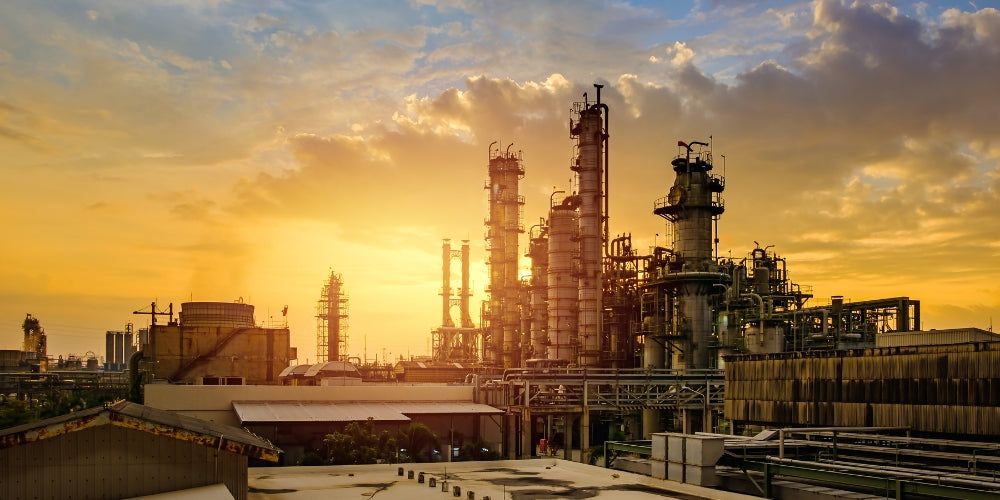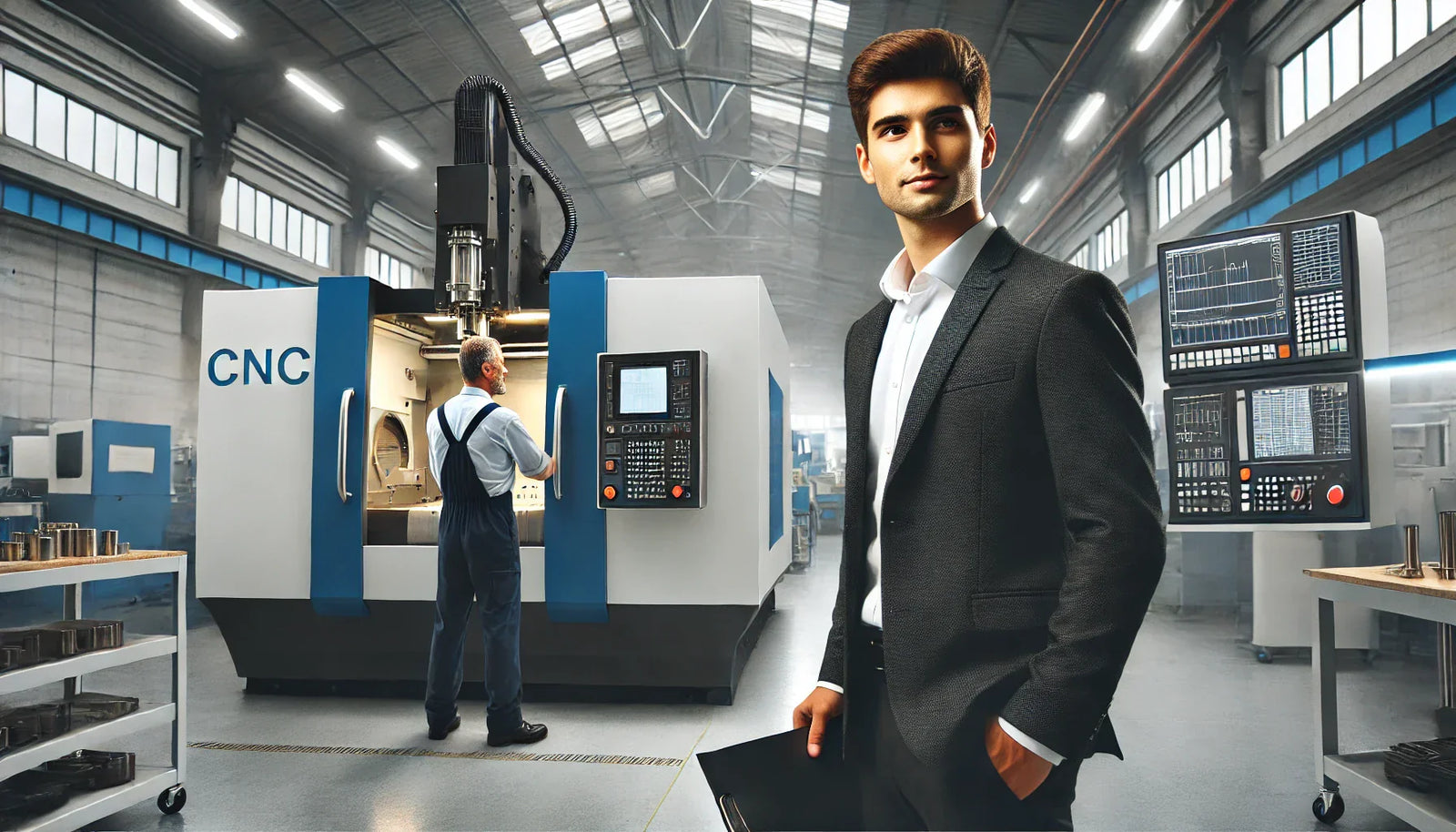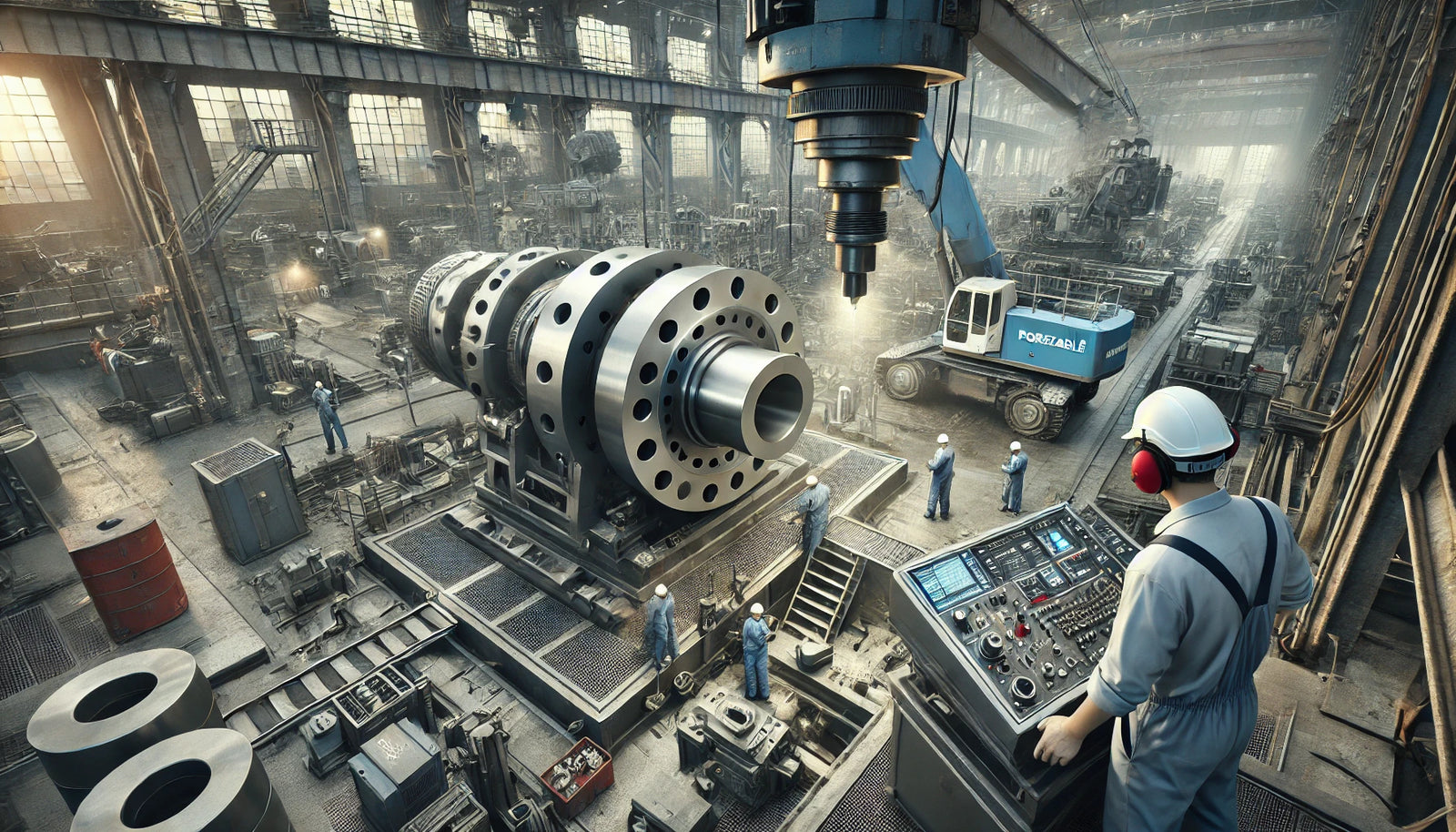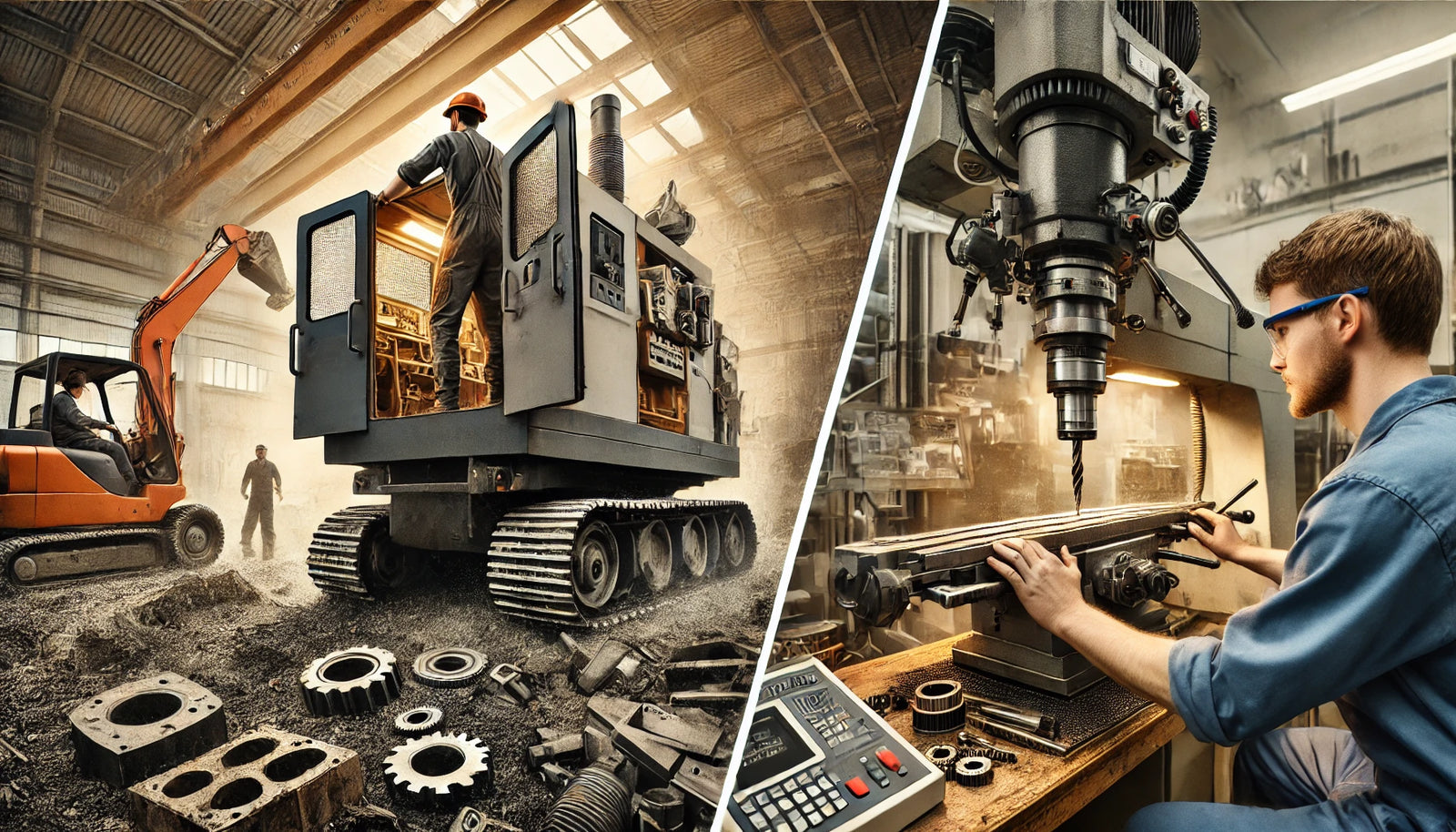What is Industrialization? It is the process of a country or region transitioning from a primarily agricultural society to one based on the manufacturing of goods. Industrialization can bring a number of benefits to a country and its citizens.
-
Economic growth - Industrialization often leads to economic growth as manufacturing tends to be more efficient and productive than agriculture. This can lead to higher incomes and a higher standard of living for citizens.
-
Job creation - Industrialization can create a large number of new jobs in factories and other manufacturing facilities. These jobs can provide citizens with a source of stable income and the opportunity to improve their economic circumstances.
-
Increased exports - As a country industrializes and becomes more efficient at producing goods, it may also be able to increase its exports to other countries. This can bring in additional revenue for the country and further drive economic growth.
-
Improved infrastructure - Industrialization often requires the development of new infrastructure such as roads, ports, and rail lines to support the transportation of raw materials and finished goods. This can improve the overall quality of life for citizens by providing better access to resources and services.
-
Technological advancement - Industrialization can lead to the development of new technologies, which can improve the efficiency of production and lead to new products and services. This can also lead to the creation of new industries and job opportunities.
How to Industrialize a Country
There are many different approaches that could be taken to industrialize Africa, and the specific plan that would be most effective would depend on a variety of factors such as the resources and infrastructure available in the region, the political and economic environment, and the needs and goals of the people living there. Here is a general outline for a plan to industrialize Africa:
-
Invest in infrastructure - One of the key foundations for industrialization is a strong infrastructure, including roads, ports, airports, and telecommunications networks. Investing in infrastructure development would help to improve connectivity within and between African countries, making it easier for businesses to operate and trade.
-
Encourage foreign investment - Foreign investment can bring much-needed capital and expertise to African countries, and can also help to create jobs and stimulate local economic growth. Governments can create a favorable business environment by streamlining regulations and providing incentives for foreign companies to invest in the region.
-
Promote entrepreneurship and small businesses - Small and medium-sized enterprises (SMEs) are an important driver of economic growth and job creation in Africa. Governments can support entrepreneurship and SMEs by providing access to finance, training, and other resources.
-
Invest in education and training - A skilled workforce is crucial for industrialization. Governments can invest in education and training programs to develop the technical and vocational skills needed for the modern economy.
-
Diversify the economy - Industrialization does not have to rely solely on manufacturing. African countries can also develop other sectors such as services, agriculture, and technology, which can provide a foundation for long-term economic growth.
-
Promote regional integration - Industrialization is often more successful when countries work together and support each other's economic development. Governments can encourage regional integration by creating trade agreements and partnerships with other African countries.
The most successful countries in the modern era all owe their prosperity to industrialization, they learnt that selling high profit finished products is more beneficial to as countries development than mining and farming. |
You make (100 x the profit on selling an iPad and is made on the raw materials.)
China is a great example, by reforming their law they have become highly industrialized in record time.
China has a long history of industrialization dating back to the Han Dynasty, when it developed a system of iron production and industrialized production techniques. In more recent times, China's rapid industrialization is largely due to the implementation of economic reforms in the late 1970s, which opened up the country to foreign investment and allowed for the development of private enterprises. This period of economic reform, known as the "reform and opening up" period, was initiated by Chinese leader Deng Xiaoping and helped to kickstart China's rapid economic growth.
During this time, China also implemented a number of policies to encourage the development of its manufacturing sector, including investment in infrastructure and education, as well as the establishment of special economic zones where foreign companies could operate with fewer regulations. As a result, China's manufacturing sector experienced rapid growth, and the country became a major player in the global economy.
Today, China is a highly industrialized country with a diverse range of industries, including manufacturing, construction, mining, and energy production. It is the world's largest exporter of goods and a major player in the global economy.





